

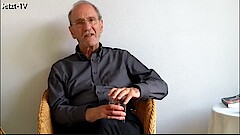
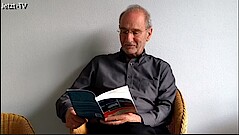
Talk with Richard Sylvester from May 2019.
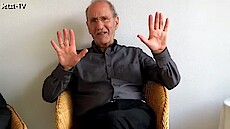
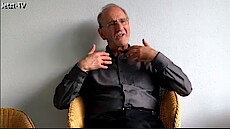
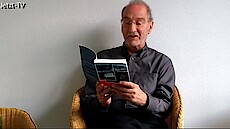
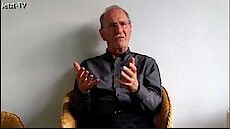
Video bei telegram an sehen: https://t.me/freemea/23
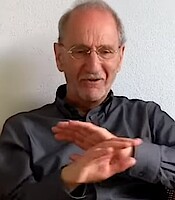
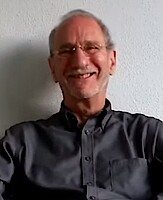
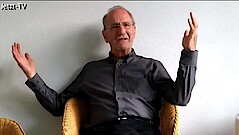
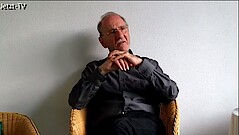
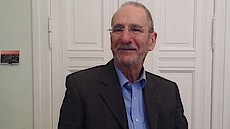
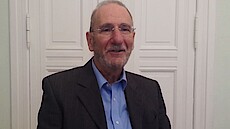
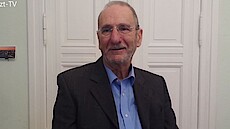
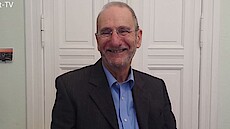
Dieses Interview mit Richard Sylvester in Englisch fand im Oktober 2016, Fragen von ANdy aka Andreas Hegewald.
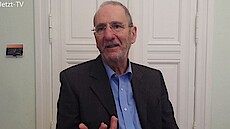
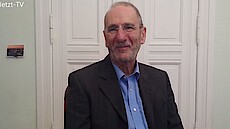
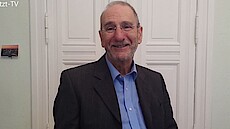
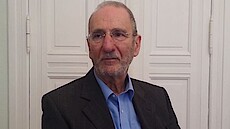
The same kind of chat taking place in Richard’s meetings since years – and Richard is enjoying it; Nonduality as part of spirituality; about Richard’s books, the first one “I hope you die soon”, soon written after the realization; “just relax”, enlightenment for the lazy person; the common period of despair before the dropping away of the self; the empty show – almost like a hologram; the book “The Book of No One”; “Drink Tea, Eat Cake” and its story of coming in existence; lazy writing – “only” editing the transcripts; the Zen saying “Cutting wood and carrying water...”; Richard’s humour; the latest enormous book “Non-Duality Questions, Non-Duality Answers”, another example for lazy writing, a collection of e-mail questions and answers; about Richard’s having stopped to answer e-mail questions; almost certain his last book about non-duality; about the book writing in cafés; about the using of drugs and their possible (no) effect in realization of the truth; electrical stimulation of the brain to effect certain experiences; Freud’s phrase of “the narcissism of little differences”; about the more stronger and more raw but less neurotic feelings after realization; about techniques; relationships after liberation – no rules at all; about bliss; when nothing has a meaning and nothing matters; the tree moving seeing in front of the window; nothing right, nothing wrong, simply what happens; about the fear of dying and the fear of death; about hope; despair is more relaxing than hope; depressions; the authentic self; non-duality talks with “therapy light” – confusing; “Confessions of a Seeker”, maybe the title of the next book of Richard.
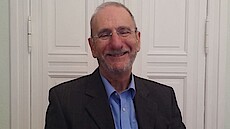
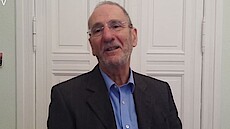
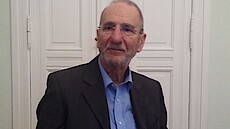
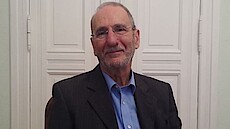
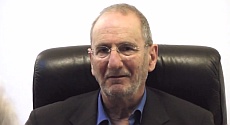
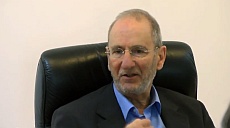
Diese Meetings von Richard Sylvester sind aus Berlin vom 8. und 9. Mai 2015.
Vielen Dank an Manik fürs Filmen!
Video vom Freitag, 8. Mai 2015 ansehen
Video vom Sonntag, 10. Mai, Teil 1/3 ansehen
Video vom Sonntag, 10. Mai, Teil 2/3 ansehen
Video vom Sonntag, 10. Mai, Teil 3/3 ansehen
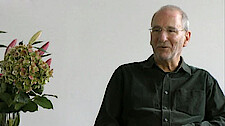
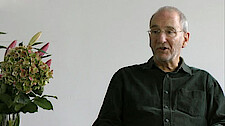
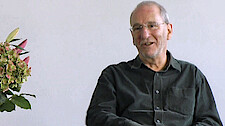
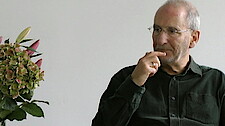
Dieser Talk mit Richard Sylvester in Englisch ist von Oktober 2014 in Berlin.
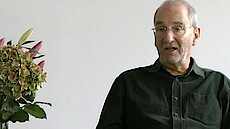
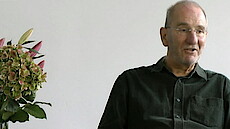
The laws of physics; the expectations of change; dependencies of the individual characters; clearing blockages in order to see enlightenment; multitude of transformations is based on the assumption of separation; feeling oneself separate; the point is: no necessity to inside or outside changes – both in here and out there do not exist! The shattering of the appearance of separateness; literally unimaginable – a “person” cannot imagine it; unimaginable and completely ordinary; it is guaranteed that the sense of self will collapse; the end of everything I believed – but I still find myself here; the loss of everything seems insignificant; the loss of something which never really existed; it depends on how addicted the character is to stories; the role of childhood experiences.
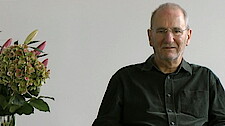
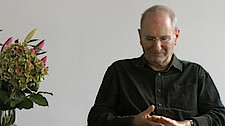
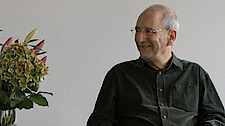
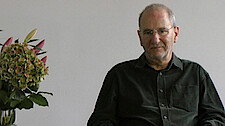
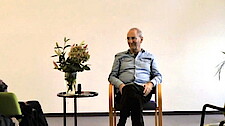
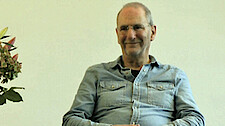
Danke an Manik, der diesen Talk mit Richard Sylvester für uns im Oktober 2014 filmt.
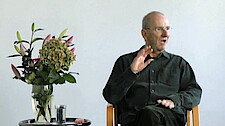
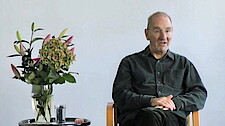
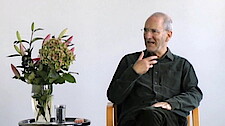
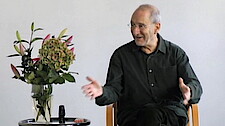
Danke an Manik, der diesen Talk mit Richard Sylvester für uns im Oktober 2014 filmt.
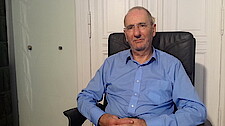
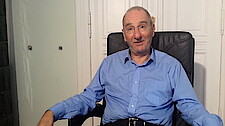
Dieses Interview führte Andreas Hegewald alias ANdy mit Richard Slyvester im August 2014. ANdy filmte auch, Übersetzung: Oreas Kotschi.
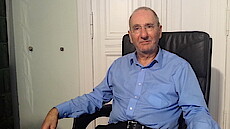
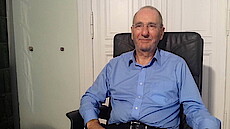
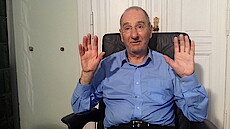
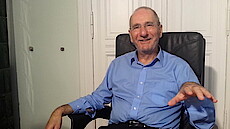
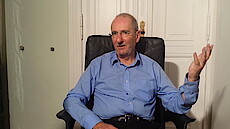
Nondualität bedeutet zu sehen, das da keine Person und auch kein Selbst ist; es ist einfach immer nur das, was auftaucht; es scheint so als sei da eine Person, die das alles erlebt und es scheint eine Vergangenheit und eine Zukunft zu geben; es scheint eine ganze Menge von Dingen zu geben, welche das Leben dieser Person verkomplizieren; der Sinn scheint zu sein, irgendwo hin gehen zu müssen, um ein Ziel in der Zukunft zu erreichen; das alles macht es sehr schwierig zu sehen, das es einfach nur DAS gibt; es geht einzig und allein darum, von etwas befreit zu sein, also nicht die Freiheit zu haben etwas Bestimmtes tun zu können; die Freiheit von der Wahrnehmung eine Person zu sein; wenn die Person verschwindet, dann verschwindet auch alles andere wie freier Wille, Verantwortung, der Sinn, all das kollabiert; wir müssen nicht an unserer Verantwortlichkeit und unseren Zielen arbeiten, wir müssen an überhaupt nichts arbeiten, was zu einer Person zu gehören scheint; auch nach der Befreiung kann alles noch passieren, das Leben geht weiter und was erscheint, das erscheint; in der traditionellen Lehre gibt es das Relative und das Absolute, aber wenn das Selbst kollabiert, sieht es aus als ob beides dasselbe ist; es geht darum, die Erscheinung des Selbst zu durchschauen, dann wird gesehen „mein Leben“ gibt es nicht und es kann Entspannung stattfinden; es geht hier um nichts, Entspannung ist der Schlüssel zur Buddha-Natur im Hier und Jetzt; es gibt keine Ratschläge, die man geben könnte; Befreiung vom ich ist das Ende persönlichen Leidens und dennoch beinhaltet Befreiung alles und schließt auch das Leid nicht aus; Nondualität kann nicht instrumentalisiert werden; über den freien Willen; wer kann einen freien Willen haben, der freie Wille kollabiert mit dem Kollabieren der Person; das direkte Sehen, dass es kein Selbst gibt; über den Unterschied zwischen Loslassen und nicht angehaftet sein; Loslassen ist eine Technik, sich vor Schmerz zu schützen, das hat jedoch einen hohen Preis: der Verlust der Verbundenheit mit dem Leben; das Unsagbare kann nicht gesagt werden; Befreiung kann von einer Person nicht gesehen oder erreicht werden; Befreiung wird gesehen, wenn die Person die Befreiung sehen will, nicht mehr da ist; nichts muss verändert werden, das Leben geht weiter, aber für niemanden.
Als MP3 Audio Video über YouTube ansehen
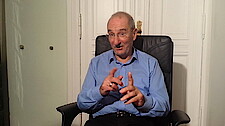
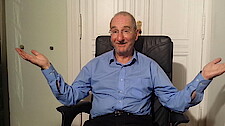
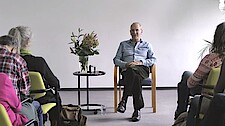
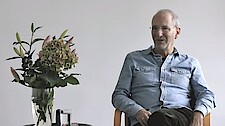
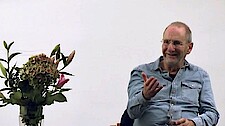
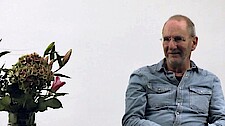
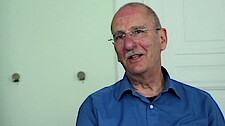
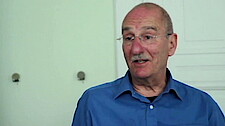
Dieses Interview führte Andreas Hegewald alias ANdy mit Richard Sylvester im Mai 2014 in Englisch. Es filmte Dustin Bauer.
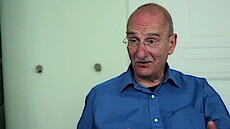
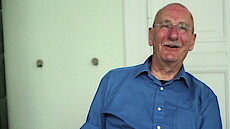
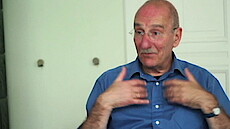
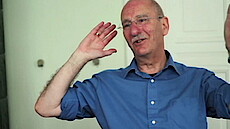
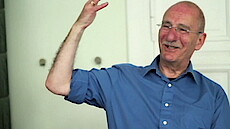
It can be directly seen that there is no self; metaphor of the managing director; seeing through the so called “self”; no one was ever controlling anything; neuro-scientists are confirming this; the metaphors of night time dreams and cinemas; often reports of laughter when this is seen through; the seeker is looking for things to do, is desperate to find; the concept of liberation; the practice of self enquiry is questionable; the energy of contraction of self enquiry; no person; practicing is irrelevant; no interest in the mass effects; Sam Harris book on free will; the person is not there; the mind finds the concept of non-duality extremely frustrating; the feeling of “something is missing”; we have to lose our self; no rules of awakening; awakening as a sudden seeing of emptiness; not understanding what happened; after the flash there is despair – but a big relief; relaxation is the great blessing; there is experience but there is no experiencer; there is just this; awareness is a tricky word; the absolutely obvious is that phenomena are happening; energy and consciousness are happening; seeing the fullness is the absolute end of searching; seeing everything is nothing and the end of stupidity; everything is love; mind is not getting this; mind will be seeking always; there are cases where no separation was active at any stage (e.g. J. Krishnamurti); the glimpse of emptiness; the virtue of laziness; there is no method but if there would be a method it would be to relax; in eternity the concept of time arises; the mind lives in time; awareness is everywhere; there is not any everywhere; no words to describe the indescribable; cause and effect just happen; awakening to the dream; the reality of the dream; the illusion of dream; even the mind will lose interest in knowing; the mystics know that nothing can be known.
Als MP3 Audio Video über YouTube ansehen
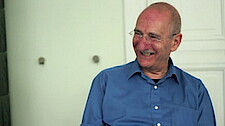
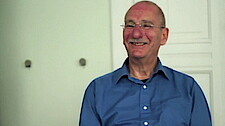
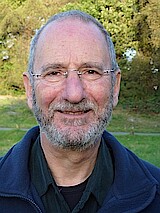
Richard Sylvester ist humanistischer Psychologe, Therapeut und Autor.
Er hat sich über viele Jahre mit den verschiedensten spirituellen Techniken beschäftigt, was er im Nachhinein als „weder nötig noch unnötig” betrachtet.
Er lebt und arbeitet in einer englischen Kleinstadt (an der Grenze von West Kent und East Sussex) und hält in und um London Vorträge über Nicht-Dualität.
Richard hat drei Bücher über Nicht-Dualität geschrieben, alle in Englisch und auch in Deutsch erhältlich: "Erleuchtet - und was jetzt?" (I Hope You Die Soon), "Das Buch Niemand" (The Book Of No One) und "Wer braucht eigentlich Nirwana?" (Drink Tea, Eat Cake).
Letzte Aktualisierung: 26. Mai 2020